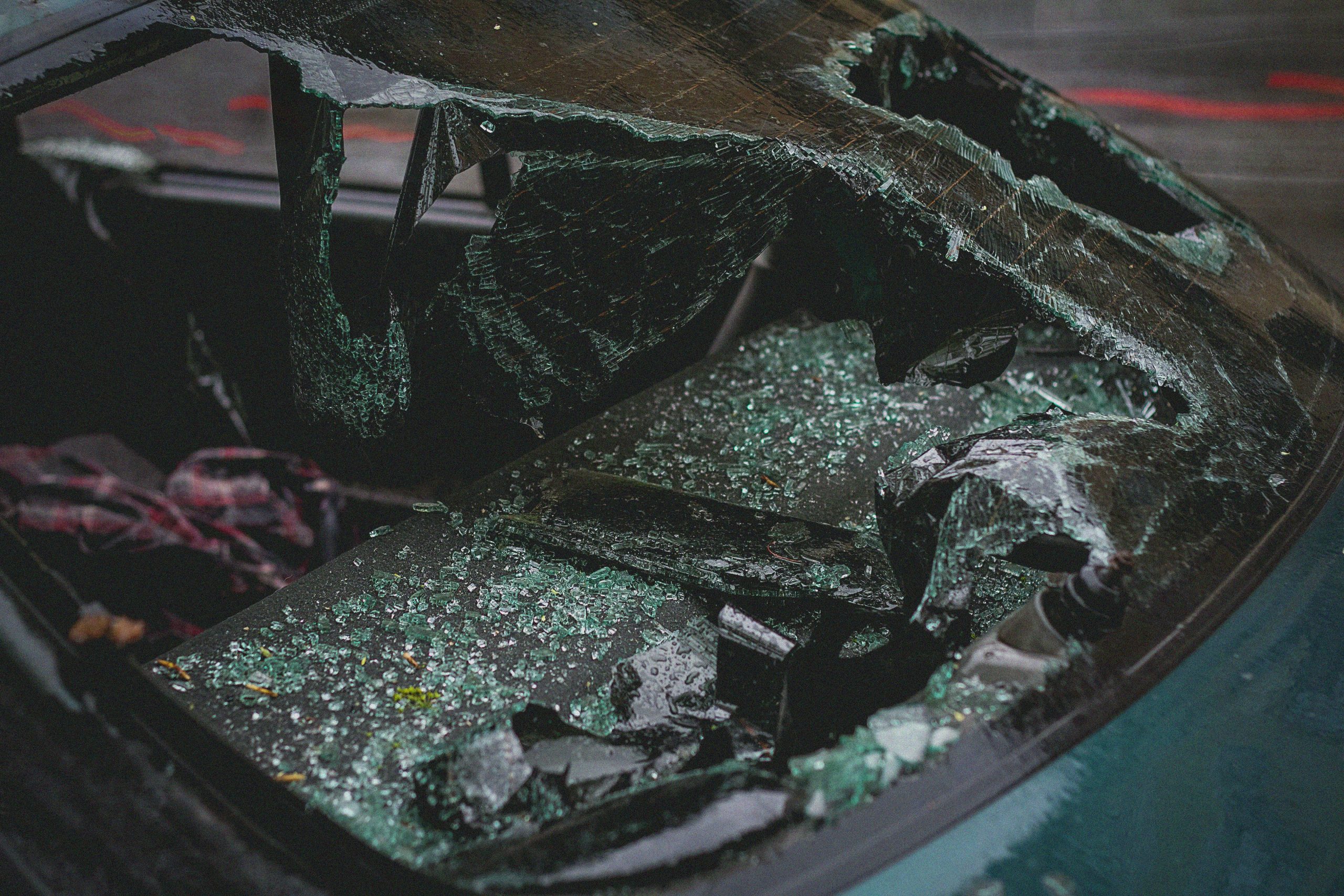Ensuring Proper Handling of an Uninsured Trucking Company After a Highway Collision
Navigating the aftermath of a vehicle accident can be complex, especially when dealing with trucking companies that may not have valid insurance coverage. Recently, I encountered a situation where a small traffic incident escalated into concerns about insurance legitimacy and legal options. Here’s a detailed overview and some insights on how to approach such scenarios.
The Incident:
While driving on the highway, I was involved in a minor collision caused by a truck merging recklessively over double solid lines into my lane. The accident resulted in an estimated $11,000 in damages. The truck driver provided an insurance policy and took a photo of it. However, upon contacting the insurer, I learned that their policy had been terminated two months before the incident.
Subsequently, I reached out to the driver’s manager at the trucking firm, but they have been unresponsive, instructing me to call back when they are available and avoiding further communication. To scrutinize the company’s legitimacy, I checked their registration on the DOT website. It turns out their only remaining active policy is with Geico Marine—a provider typically associated with marine insurance, not commercial trucking.
Suspicious Insurance Filing:
Interestingly, the company filed their MCS-150 update three days after the accident. This raises questions about their intentions, possibly indicating an attempt to maintain compliance by using a non-trucking-related policy to skirt minimum insurance requirements. Such practices, although not uncommon, can be legally questionable.
Legal and Insurance Considerations:
Given the circumstances, I am contemplating my next steps. Should I:
-
Wait to see if they attempt to settle quietly?
-
Immediately consult a lawyer for guidance?
-
Send formal, certified correspondence demanding compensation?
-
Initiate legal action right away?
Adding complexity, the driver involved—my father-in-law—has full coverage with his personal insurer. At the time of the accident, he was driving for Uber. He has not disclosed Uber driving to his insurance company, and I am uncertain whether Uber’s insurance policy applies here, or if it would influence the claim process. I am concerned about filing a claim through our insurance, fearing potential policy cancellation or denial because the incident occurred during an Uber ride.
Questions Arising:
-
Is there any chance they hold additional insurance policies not reflected in publicly available records?
-
Should I persist in trying to contact the trucking company’s management?
-
Is it advisable to file a claim through our insurance, considering the potential complications?
-
Would consulting a



